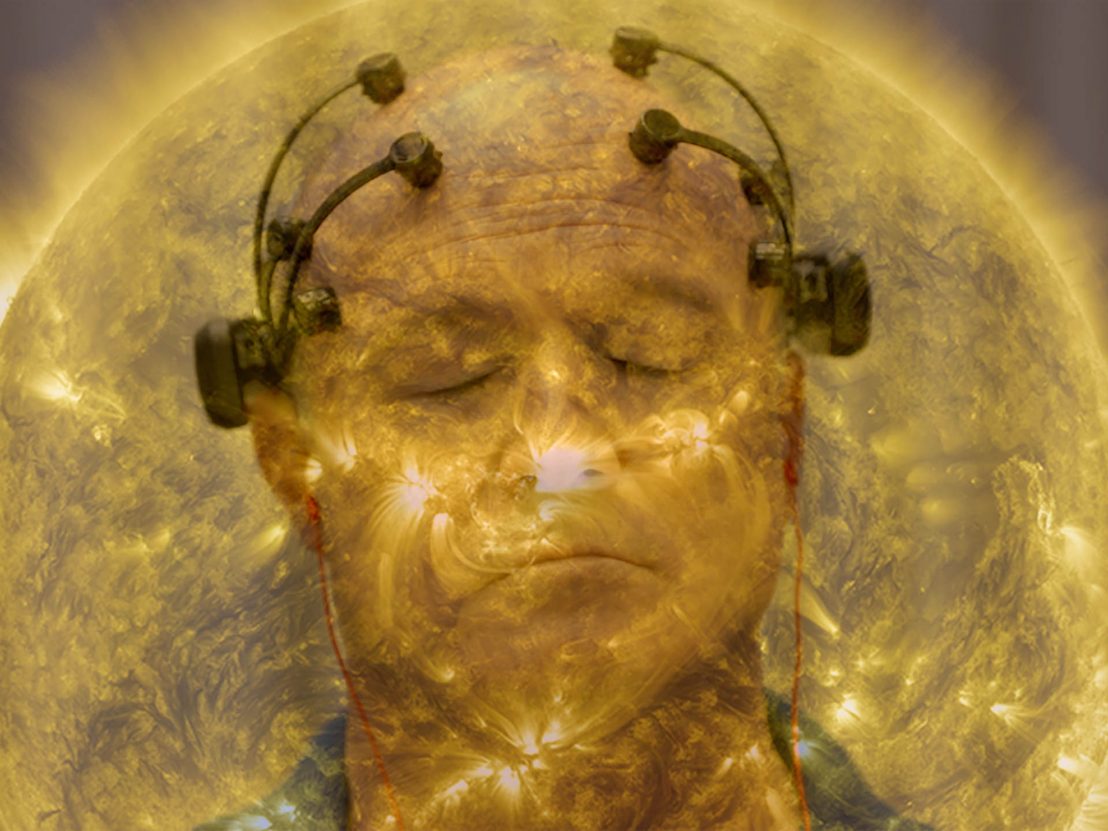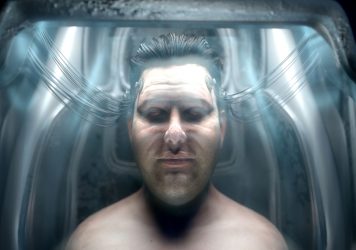
Rat Film director Theo Anthony delves deep into the myriad ethical quandaries concerning mass surveillance.
We’re used to being watched. Since the introduction of the first commercially-available CCTV system in the United States in 1949, surveillance has become part of our everyday lives – indeed, it’s easy to forget about it entirely, from the cameras that observe us as we shop to the ones worn by on-duty police officers, purportedly for the protection of both cop and criminal.
Building on the sociological concerns of his 2016 debut, Rat Film, Theo Anthony’s latest documentary explores the relationship between technology and policing (specifically in Baltimore), how surveillance has evolved, and the very act of seeing.
Early in the film, Anthony is given a guided tour of Axon Enterprises, the company responsible for inventing the Taser. They design and produce hardware for the military, law enforcement agencies and commercially, including the body cameras which have become standard issue across the US. Steve Tuttle, the executive who leads the way around the offices, is disconcertingly cheerful, and Anthony allows the audience to fill in the blanks about the irony of a weapons company producing technology intended to prevent its misuse.
Elsewhere, we’re given a potted history of surveillance technology, including the fascinating technique of pigeon photography pioneered by German pharmacist Julius Neubronner. The photographs of birds with cameras around their necks are comical, perhaps even absurd – but alongside the explanation of Pierre Jules César Janssen’s revolver, it reminds us that photography and military pursuits have always been linked. For as long as humans have been taking pictures, they have sought a way to weaponise them.
Although surveillance technology is meant to protect us, Anthony undermines this notion by showing damning police training sessions, as well as highlighting how body camera technology is designed to record what the police officer sees, not what they’re doing. At a Baltimore community meeting, a man argues with a salesman who is attempting to roll out surveillance drones in the city that would track movements on the streets in real-time; he then lambasts Anthony for filming him without permission. It’s a moment that forces us to question who really benefits from knowing our every move: the audience, or the person behind the camera?
It’s a lot to take in, and a lot of ground is covered in just under two hours. A bold epilogue underwrites the transparency Anthony is hunting throughout the film, even if it does perhaps feel like a bit of a non-sequitur. But a film about how unreliable film can be is a fascinating concept, and All, Light Everywhere is a rich achievement, brimming with ideas. We’re encouraged to question everything before our eyes: even the film we’re watching. You’ll certainly think twice when you next look at a security camera.
Published 1 Feb 2021

The aftermath of a school shooting is the focus of first-time director Fran Kranz’s stark portrait of familial grief.

The documentary maker on the deep existential concerns at the heart of his latest project.

Two best friends make a suicide pact in first-time feature director Jerrod Carmichael’s uneven black comedy.